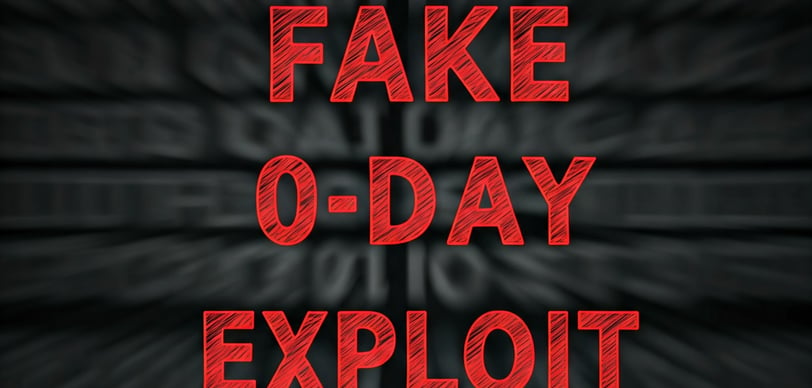Story of fake 7zip 0-day exploit
A 7zip 0-day got leaked by a researcher but the claim turned out to be fake
1/2/20252 min read


A recent tweet from an X account belonging to a user (@NSA_Employee39) sparked controversy by announcing the free public release of a zero-day exploit for the 7-Zip software. The user provided code allegedly demonstrating an arbitrary code execution (ACE) vulnerability in 7-Zip. This purported flaw could have potentially enabled attackers to remotely execute malicious code on a victim's computer.
Original Tweet: https://x.com/NSA_Employee39/status/1873644808998367272?mx=2
The alleged exploit code, shared on Pastebin, purportedly targeted a buffer overflow vulnerability within 7-Zip. This vulnerability was supposedly triggered by a manipulated LZMA stream embedded within a .7z archive file.
Despite the significant attention garnered by this claim, cybersecurity experts quickly found it to be unsubstantiated. Attempts to reproduce the exploit proved unsuccessful, leading to widespread skepticism within the security community. One researcher even humorously acknowledged their own limitations, stating, "Maybe I just suck, but I don't think this is real," highlighting the doubts surrounding the exploit's validity.
Creator of 7-Zip Igor Pavlov formally debunked the claim in the software’s bug discussion forum.
“The common conclusion is that this fake exploit code from Twitter was generated by LLM (AI).
The comment in the "fake" code contains the statement:
“This exploit targets a vulnerability in the LZMA decoder of the 7-Zip software. It uses a crafted .7z archive with a malformed LZMA stream to trigger a buffer overflow condition in the RC_NORM function."
But there is no RC_NORM function in LZMA decoder.
Instead, 7-Zip contains RC_NORM macro in LZMA encoder and PPMD decoder. Thus, the LZMA decoding code does not call RC_NORM. And the statement about RC_NORM in the exploit comment is not true.”
@NSA_Employee39, the original poster of the now-debunked exploit claim, remains silent regarding requests for clarification.
Major reasons why people spread false zero-day claims:
Self-promotion / Publicity: To gain media attention and popularity on the internet
Fear mongering - To introduce fear to the public
Defamation - To attack on the software's or the developer's reputation
Malware Delivery: To spread malwares like info-stealers to people who try these fake 0-day exploits on their computers without much technical knowledge
Stay Safe! Stay Secure
Checkout our VAPT services: https://www.vaptern.com/services
